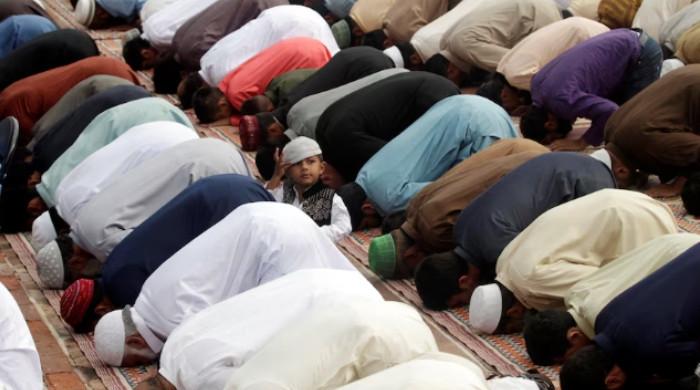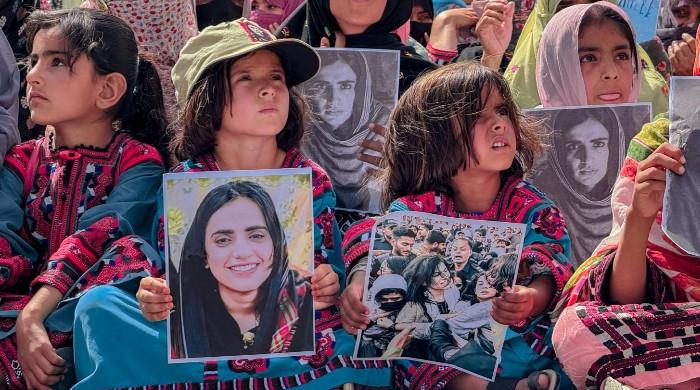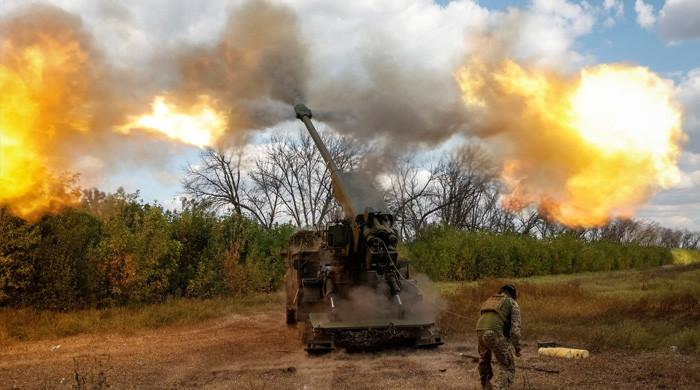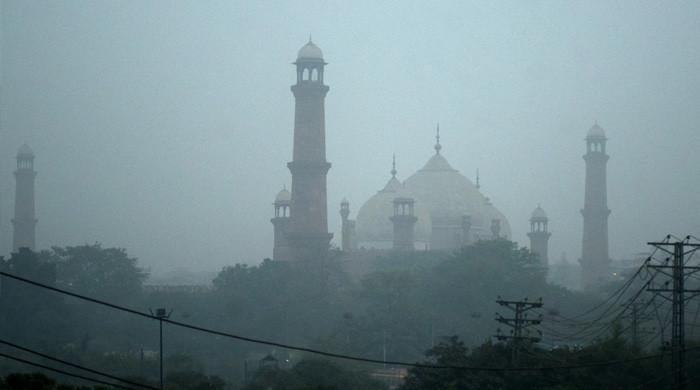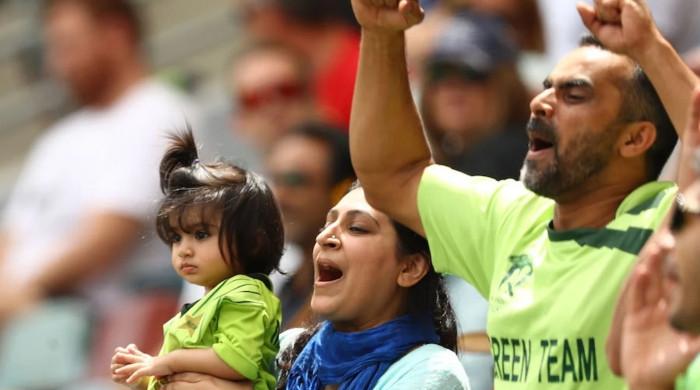The timing of the Model Town report
In politics, timings and opportunities play a key role: in the last four and half years, the PML-N often missed both.
December 07, 2017
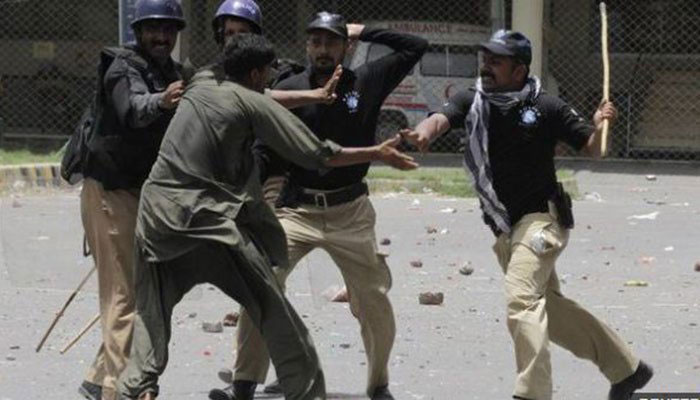
Justice Ali Baqar Najafi’s report into the 2014 deadly clashes between police and followers of a religious scholar, Tahir-ul-Qadri, in Model Town, Lahore, was released hours after the Lahore High Court rejected the government’s plea to not make it public. Now out, the 128-page document has put Shehbaz Sharif, Punjab’s chief minister, and his powerful provincial government in an embarrassing position, both on moral and legal grounds.
Sharif’s administration has been held responsible for the massacre of 14 supporters of Qadri’s Pakistan Awami Tehreek (PAT). Those are damning revelations, that come at a time when media reports suggest that Sharif will be fielded as the prime ministerial candidate for the 2018 elections. They also come, at the heels of a botched operation to remove the protestors staging a sit-in at Faizabad interchange, a failure that still hangs heavy over both the federal and provincial governments.
The report will only add to the miseries of the ruling Pakistan Muslim League- Nawaz, whose leader Nawaz Sharif is already entangled in legal troubles post-Panama.
Although a belated move, the Punjab government did the right thing. Instead of going to the Supreme Court it made the report public. But now that it is all out in the open, Sharif’s only saving grace will be to sack all those directly involved for the Model Town massacre, including his close confidant, Rana Sanaullah, Punjab’s law minister, who chaired the meeting that took the decision for police action in 2014. While no incriminating orders can be traced back to him, he nevertheless needs to clarify why he did not pass on the chief minister’s orders to disengage.
Qadri, on the other hand, must now be regretting not showing any confidence in the judicial tribunal and instead casting doubt on its workings.
After reading the report, I found one strong and one weak paragraph that needs to be highlighted here:
Justice Najafi wrote a telling observation, that reads: “In criminology, it is a golden principle for assessment of the evidence that man can tell [a] lie but circumstance don't. The facts and circumstances of the bloodbath clearly show that the police officers actively participated in the massacre. The apathy and reckless of all authorities in Punjab in the matter underhand created genuine doubt about their innocence.”
It went on to add that the “police did exactly what they were sent and gathered over there.” (Sic)
After such a strong statement, the tribunal nonetheless concludes with a weak assessment: “Keeping in view the above facts and circumstances the reader of this report can easily fix the responsibility of the unfortunate Minhaj ul Quran incident."
The report clearly identifies the facts and the circumstances, which led to the bloodbath, even though the terms of reference never asked for it to directly fix responsibility.
Then there was the contradictory information about firing by the PAT workers. This underscores the lack of coordination between our intelligence agencies even on sensitive matters.
Regularly, reports by tribunals or judicial commissions offer suggestions and recommendations. They also fix responsibilities according to the facts placed before them. I had gone through two judicial reports, the one into the murder of journalist Saleem Shahzad and the other about Mir Murtaza Bhutto’s killing. None concluded in the manner in which this report did.
But that said, this point also does not support Sanaullah’s claim that the report was “inconclusive.” In fact, Sharif would not be facing the kind of pressure he is now, had he sent Sanaullah home in 2014.
There is a long line of blunders that keep haunting the Sharif brothers. Their initial one in 2014 was to not accept Imran Khan’s demand of a probe of election fraud in four constituencies, which could have put off the 126-day rally and the subsequent clash at Model Town.
Why, one wonders, did Sharif not make his and his government’s view public about the report being “inconclusive” soon after it was submitted to them? Why hide it for this long?
The report has this to say about the role of the chief minister: “While putting all the facts and the circumstances in juxtapositions, it has become crystal clear that the order of disengagement was not passed at all, rather position taken by the CM Punjab appears to be an afterthought defense not taken before the nation in the press conference.” (Sic)
With three months to go before the Senate elections and six months to the general elections, things do not seem to be moving in the Sharifs favour. In politics, timings and opportunities play a key role, and in the last four and half years, the PML-N missed many opportunities to do the right thing.
- Abbas is a senior columnist and analyst of GEO, The News and Jang. He tweets @MazharAbbasGEO
Note: The views expressed by the author do not necessarily reflect the official policy or position of Geo News, The News or the Jang Group




